I go to more funerals than weddings these days; sit in more emergency and assisted-living rooms than dance bars and cafes. My 90-year-old mom—my funny, sainted mom who is our rock and our heart—is almost the last one standing of her generation. And soon they will all be gone.
My siblings and I have warned her that she is not to die, because if she does, we tell her, we are throwing ourselves into the grave after her. “Oh, for God’s sake, leave me alone. Can’t I ever get any rest?” she says.
No, I’m sorry, you cannot. We still need you, even though we have all reached our 60s. I know, I know. I am luckier than most people to still have my mother available. She’s cognizant and wise. My husband and I are healthy, and our son is grown and flown, so I should be carefree. But I’m not. I’m acutely aware that one by one, I am losing the elders of my life—the ones who’ve guided and aided me, the ones I feel like I cannot live without. Suddenly, when I look up for guidance, all I see is sky.
Example: My father was a family doctor. While he was alive, he got first peek at every funky mole, hacking cough, or weird eye twitch I ever had. If he couldn’t fix it, he knew exactly the person who could. Now when I see a doctor and I think the advice sounds screwy, there is no Dad to listen, ponder, and then authoritatively pronounce, “Horsesh*t.” The first time I had to have an operation without Dad first vetting the surgeon, I felt … naked. Utterly vulnerabIe. I remember saying to my sister, “Who are we if he is not here?”
Who Me…The One in Charge?
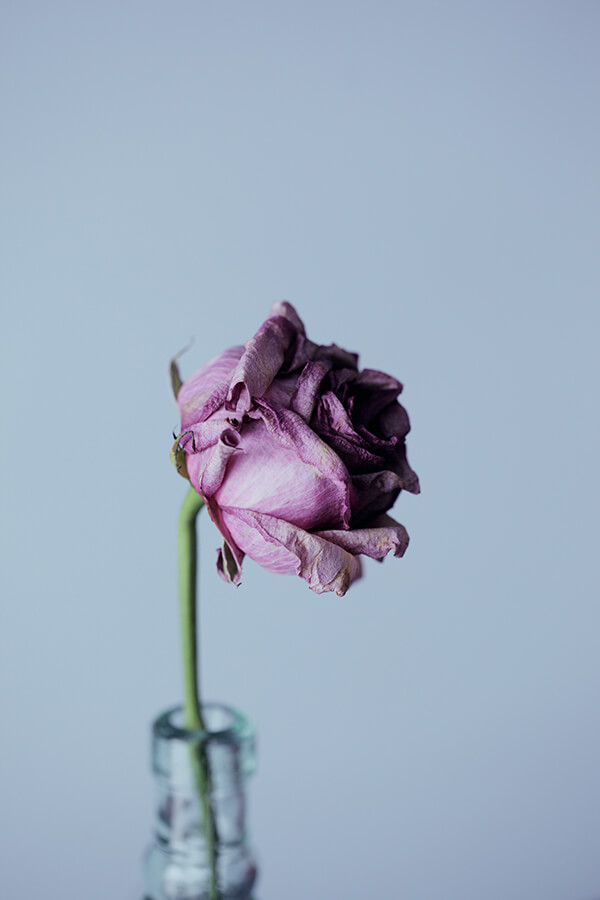
Image: Sharon McCutcheon/Unsplash
Who am I, indeed? Apparently, I am in charge, and, between you and me, I am not sure I am up to the task. I remember feeling this way when my husband and I left the hospital with our newborn son: “Wait, what? You mean you are going to let us keep him? Are you insane?” Now it’s: “Wait, you expect me to guide the generation below? Pave the way for the one above? Can’t you give me a little more time to, you know, figure things out?”
This is more than a lament about being part of the Sandwich Generation—stuck in the middle between two generations, both of which need my care. I’m talking about how lonely and sad and scary it feels to be losing so many people I’ve depended upon: aunts, uncles, in-laws, family friends. I just miss that capable generation so much, especially their no-nonsense, we-survived-the-Depression wit that could put everything in perspective or come up with a fix in seconds. (Who knew mayonnaise can take out white marks on wood furniture? My mother-in-law.)
Sometimes I wonder if this gut loss I feel comes from knowing that I’m moving up to the “you’ll-die-next position.” I don’t think so. I think I am mourning the loss of my guardian angels: the people who helped me with lots of material from their lives. As the old African proverb goes, when an old person dies, it’s like a library of stories burning down.
Losing the Older Generation: Am I Ready to Take the Reins?
I guess I have no choice but to learn to trust in my ability to square up against life’s challenges because what else am I going to do in the situation? I suppose I’m ready. In the last year, I’ve taken people who loomed so large, invincible, and wise in my life, and cleaned their literal sh*t. I’ve washed blood from their tangled hair after a fall and then cleaned the gash. I’ve tenderly answered questions that don’t make any rational sense. I’ve taken car keys away from fiercely independent people and yelled at doctors who weren’t paying attention.
And now I step fully into the challenge of guiding the next generation, the younger generation—to do for them what was done for me. I think of my mother and father who, at ages 35 and 28, had lost three of their parents and were parents themselves to children ages 6, 4, 2 and an infant. They must have been terrified and have searched the sky above. When asked, my mom always jokes, “I was too stupid to know any different.” But the reality is that what they did was simple and incredibly difficult all at once: They showed up, and they kept showing up. And they grew up. Beautifully.
Embracing the Here and Now
When God first called to Abraham, Abraham responded, “Hineni.” Loosely translated, it means “Here I am.” It is a word that comes to me more and more these days when things happen that I fear I cannot handle. The Hebrew carries more meaning than the simple English. It means “I am here and ready to do whatever needs to be done. I give myself totally.” It conveys a choice made, a turning point in a person’s life where she commits completely, and says, “I understand what is being asked of me, and even though it will be difficult, I know how important it is to do it.”
That’s what I am learning to do: Be present, be counted, be ready, be here in every sense of the word. To show up and act, even though the way is hard. In looking back, I guess that is what my elders have always done for me. Even if my mother attributes it to “stupidity,” it was a willingness to bravely love and to accept love, no matter how messy it gets.
I will trust that I am where I am meant to be; trust that my education and molding from my elders are so ingrained that now that I am taking the wheel, hineni, here I am, and, more important, here they are, still within me.
A version of this story was originally published in January 2019.
***
Beth Levine is an award-winning writer whose work has appeared in Oprah, AARP, Everyday Health, Woman’s Day, Good Housekeeping and many others. She is also a college essay coach. You can find her at Bethlevine.net and on Twitter @BethLevine75.

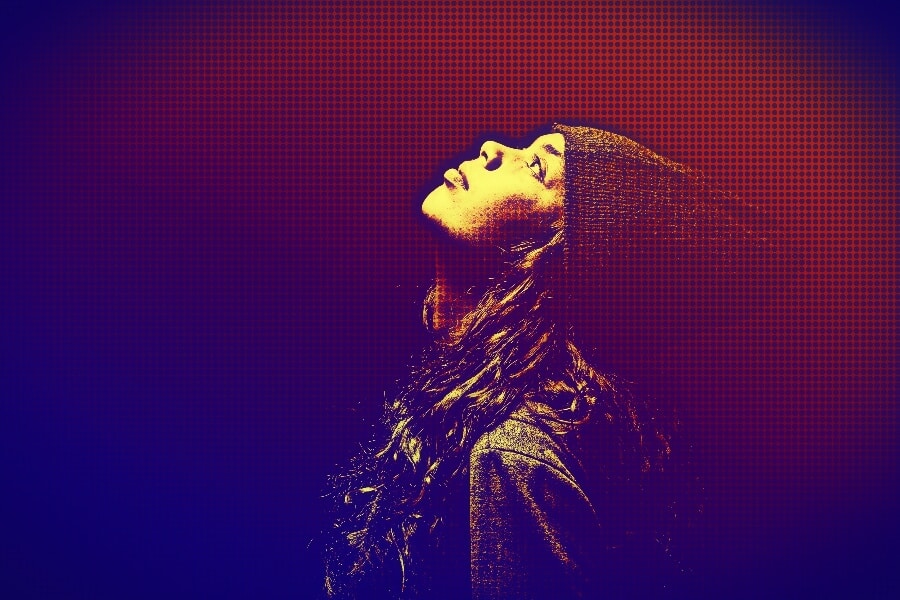
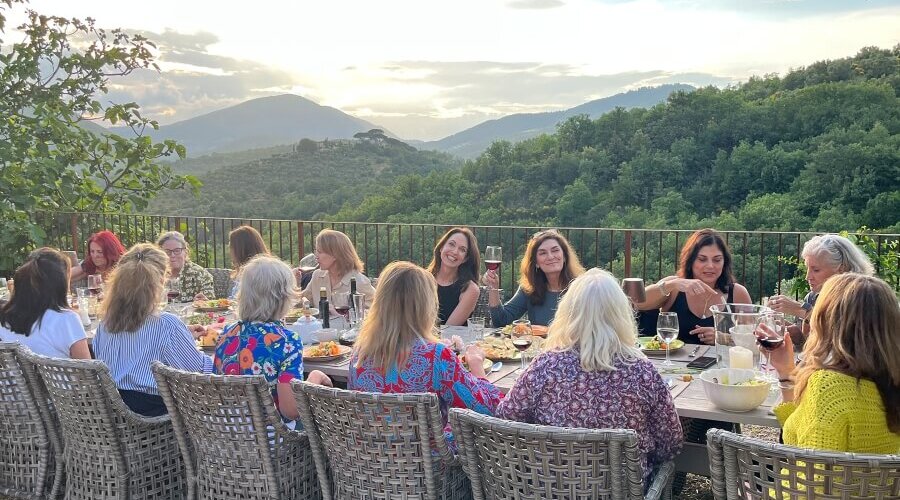
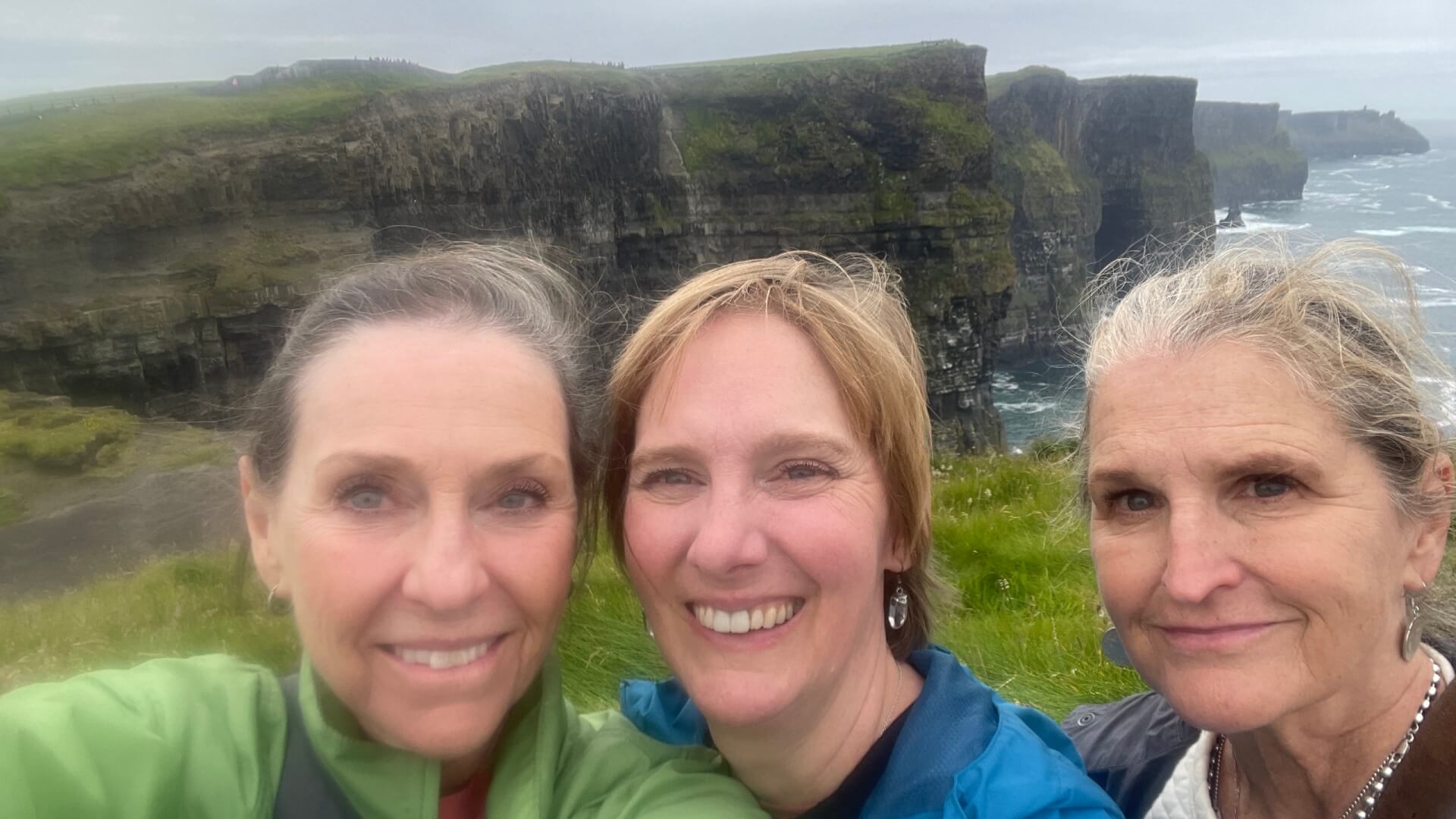
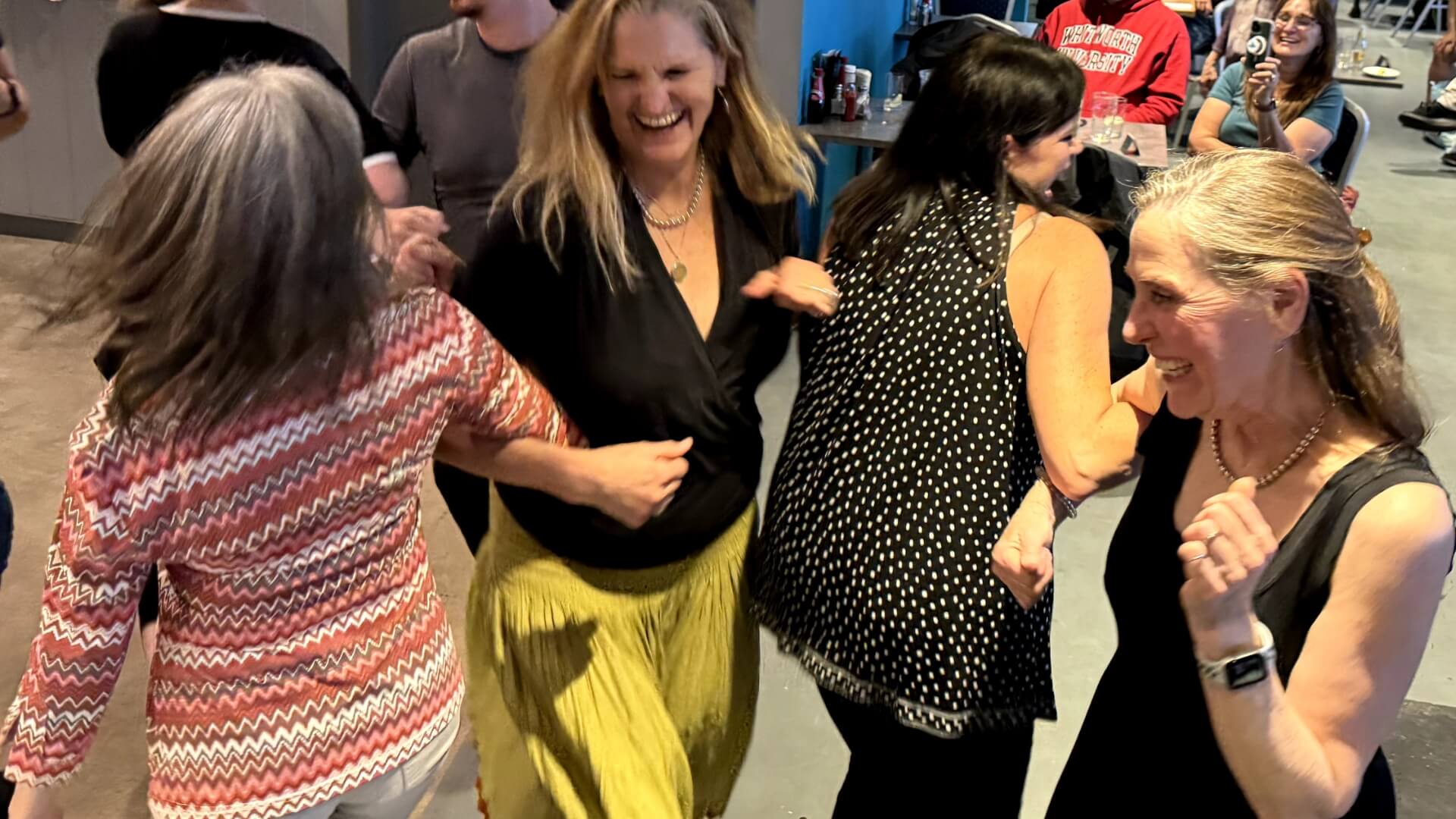



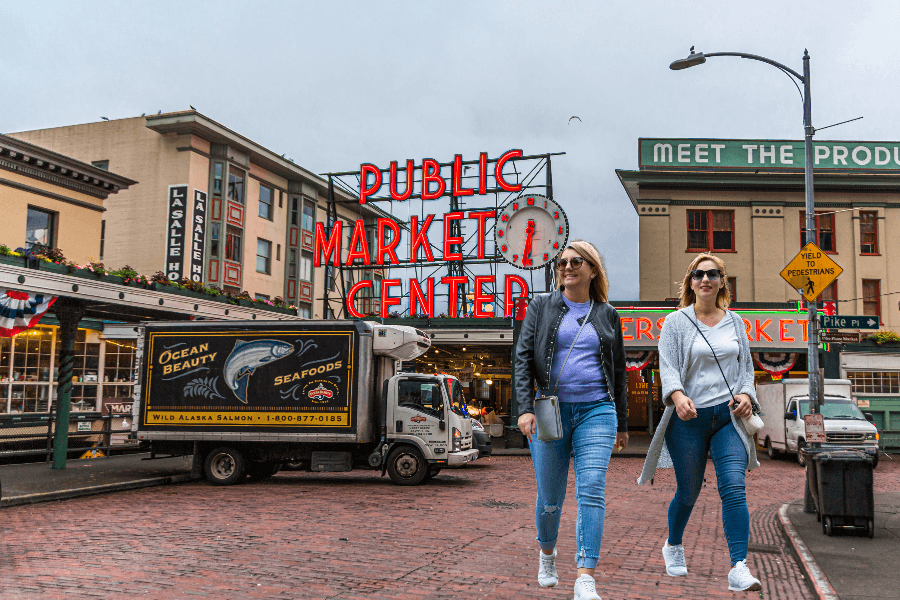




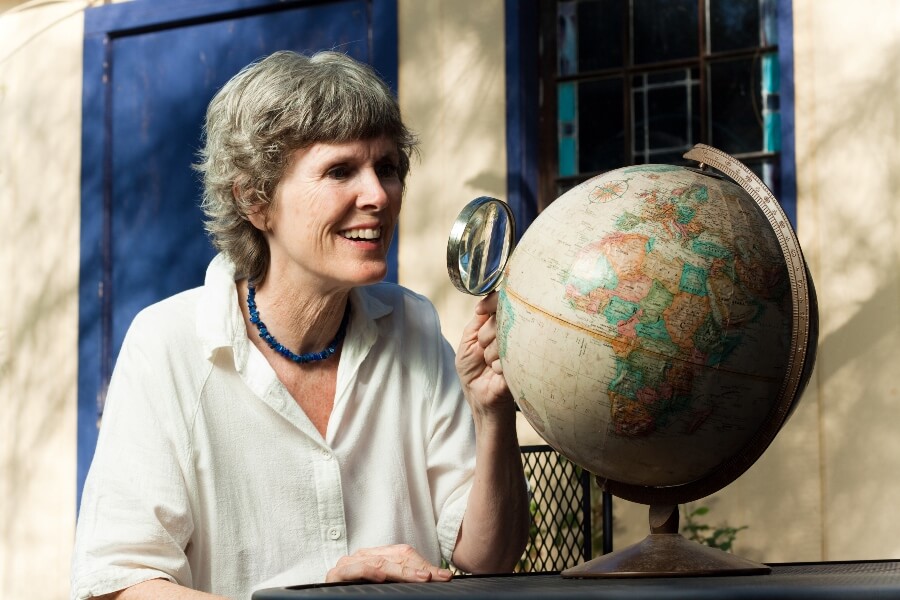
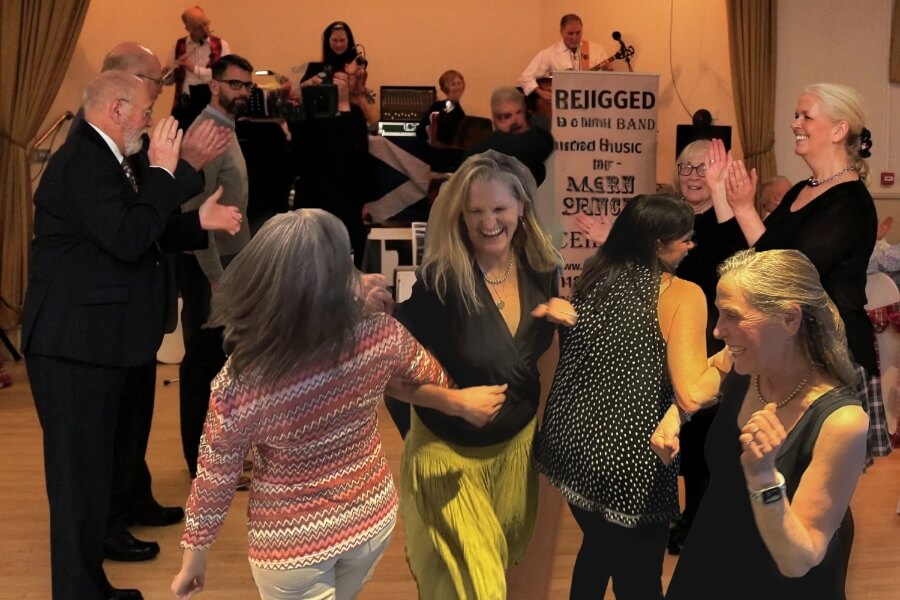

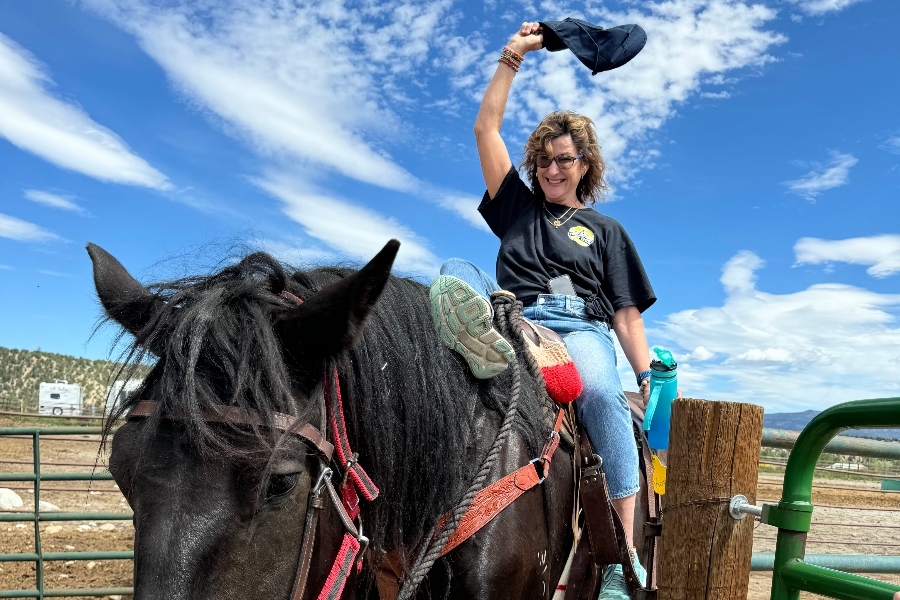


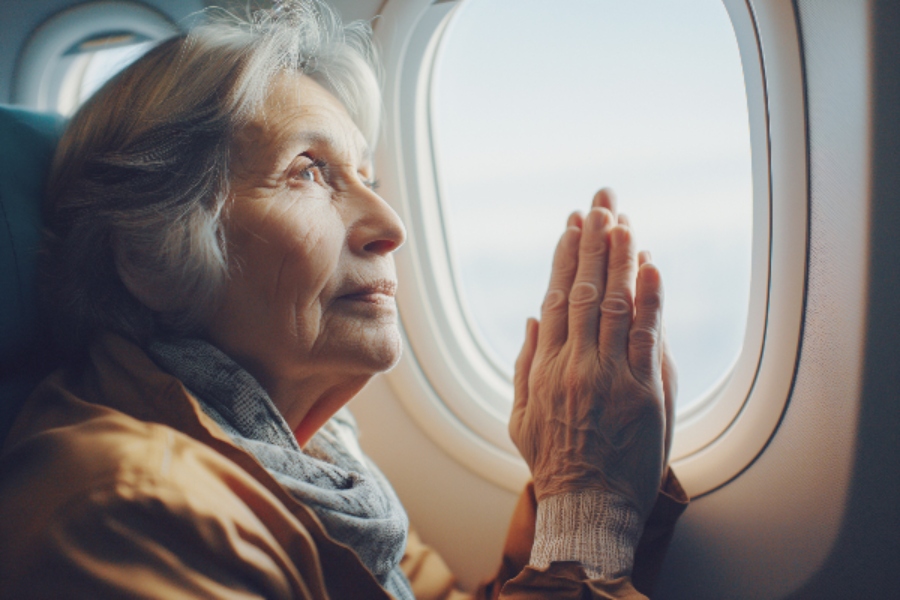
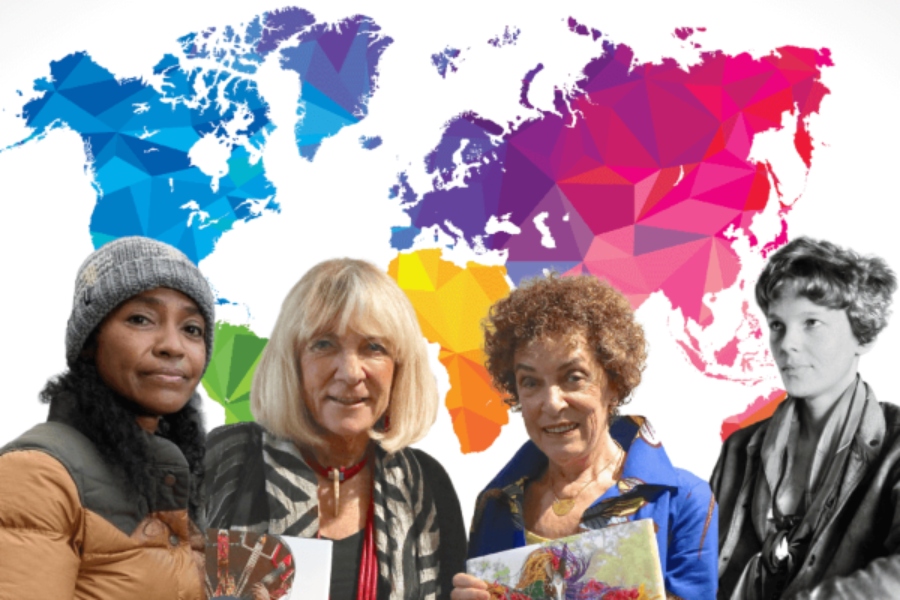

0 Comments